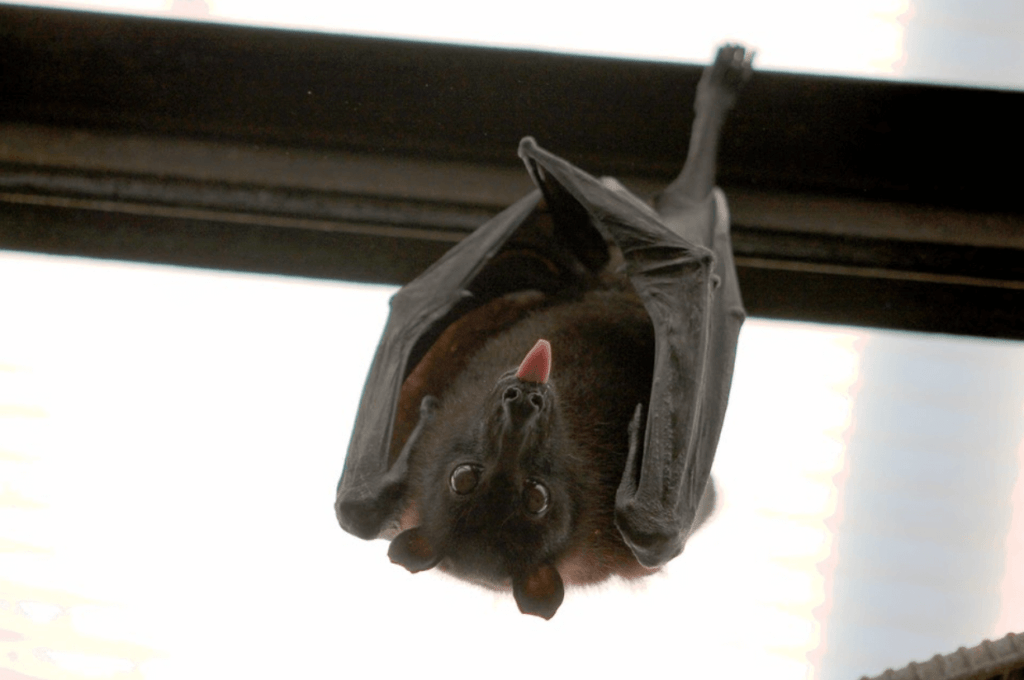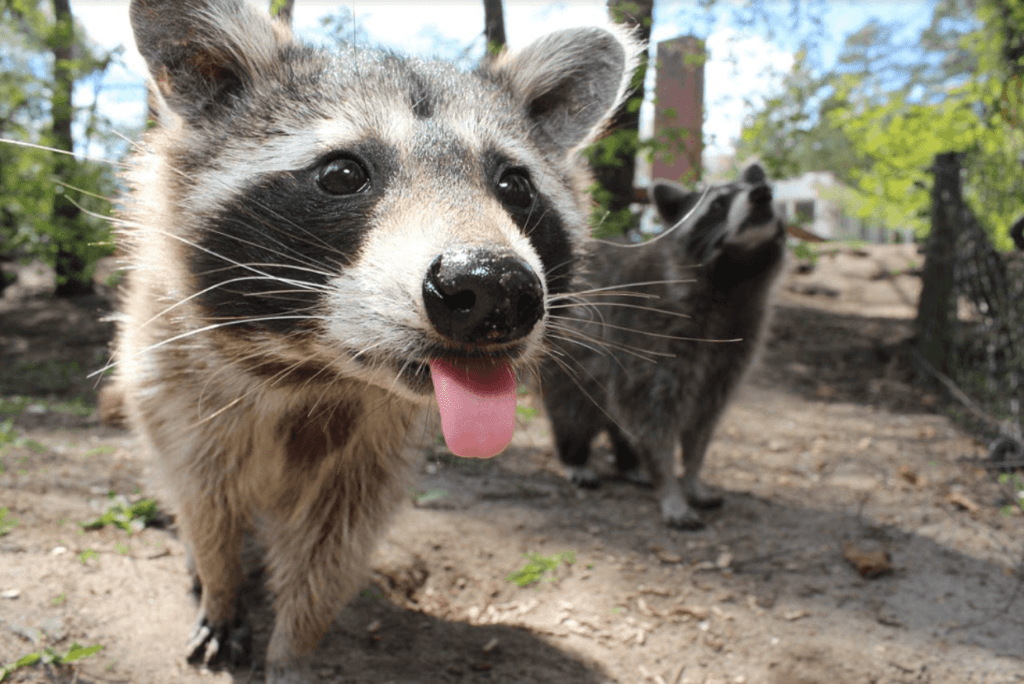The suburbs are not what they used to be. Once considered a safe haven from the wild, these neighborhoods are now home to all sorts of wildlife that have found their way into the city. It can be difficult to keep them off your property entirely, but it’s not impossible. Here are six ways you can prevent animals from entering your property!

1. Place Barriers
The easiest step to take is not the most obvious one. If you have an area of your property where wild animals are known to enter, place barriers between them and your home. Electric fencing is a great way to keep deer away since they will be deterred by even the smallest shock. For raccoons or larger creatures like bears, you’ll need to use stronger deterrents such as tall fences. Remember that these animals will be traveling in their usual habitat around dusk and dawn, so try to find barriers that can be installed during those times of day when they’re more likely to make their move.
Bats are another animal that is commonly forced into the suburbs. They sometimes come to your house for shelter if you have an unoccupied building, attic, or garden on your property. They can also be attracted by nearby sources of water like ponds. If you don’t know how to start the removal of bats from your property, it’s best to call professionals. They will provide safe and humane ways of relocating these creatures to another habitat.
2. Remove Attractants
When it comes to food sources, don’t provide anything for wild animals to nibble on. The less you leave around the property, the less likely they are to come sniffing for more. This means getting rid of garbage and food inside and outside your house and not leaving pet food outside overnight (exceptions apply if you have a wildlife-proof feeding station). Also, be sure to keep compost piles away from areas where they may attract mice or other rodents that these animals will want to eat.
This may seem like an obvious step, but the truth is that it’s much more difficult than it seems. Wildlife is often attracted to garbage and food sources, so be sure to dispose of anything that might provide them with sustenance. The less you offer them, the less likely they’ll be able to travel through your yard. This may mean getting rid of old food in your house, pet food left outside at night, or compost piles.
3. Secure Your Home
Wild animals can actually force their way into homes through broken windows, open doors, and unsecured vents. They will usually do this when trying to find shelter in colder months or when looking for an easy meal during the night. So it is very important that all of these areas are securely covered. Fortunately, with the right materials, you can DIY this job to save some money or have someone come out to secure your home for a fee.
Step one to keeping wild animals off your property is to make sure that they can’t get in. This means you’ll need to secure any entrances or openings, such as unsecured vents, broken windows, and open doors by installing a covering that won’t let them in. If this is the case, you might want to install something strong enough to keep them from entering during these hours while still allowing fresh air inside.
4. Be A Responsible Pet Owner
Even the most domesticated dogs and cats will attract wild animals when allowed to roam around the neighborhood. You can mitigate this with a leash or by letting your pet out into your backyard only, but it’s best that you keep them indoors as much as possible at night (this is when many of these animals are on the hunt). Pets also bring an added risk of disease, so be sure to have them vaccinated against rabies and any other communicable diseases found in your area.
5. Don’t Tempt Them
The more comfortable wild animals become with humans, the more likely they are to come near you or your property for food sources or shelter. This means not throwing food outside for backyard birds or leaving dirty dishes out. It also means keeping pet food inside, not feeding pets outside, and not leaving garbage cans or compost piles uncovered. You should also not feed the feral cats you see in your neighborhood, as this will only encourage them to stick around.
6. Be Vigilant
Wild animals are typically shy and wary of humans (especially when they’re not used to them), but they can become aggressive if hurt or severely threatened. You can do your part by avoiding these animals whenever possible (especially during mating season) and making sure any pets you have are properly restrained at all times, indoors or out. If it’s clear that wild animals have begun showing up in the area more often, install motion-activated lighting around your property so they aren’t attracted to your home in the dark.

The more you take steps to keep wild animals off your property, the better. The six tips we’ve provided should help you get started thinking about how you can reduce their presence on your residential or commercial premises. We hope this article was helpful and you enjoyed it!


